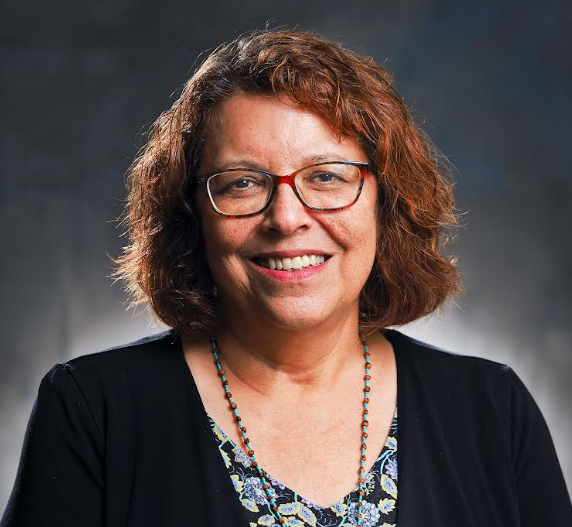Guest Opinion. Last week’s election results saw the culmination of a contentious several months. The results are very difficult for many of us, our relatives, and friends to process as we worry about the potential negative impact on Indigenous communities and on others in the U.S. and around the world.

Now more than ever it is important for us all to find a path across our political divisions to defend democracy and build a better future for our Native communities, and indeed, all communities. Our children and future generations deserve the fundamental human rights that are vital to the success of our nation.
I chose to release this statement today, on Veterans Day, for a reason. Native people have the highest per capita rates of service in the armed forces—19% compared to 14% of all other ethnicities—according to the USO. Defending our Nation and our land are deep-rooted values in Indigenous communities. Our people served in every major conflict in this nation for more than 200 years: in World War I before we were granted citizenship; and in greater numbers in World War II fighting and defeating fascism with the help of the more than 400 Native Code Talkers from the Navajo, Cherokee, Choctaw, Lakota, Meskwaki, and Comanche tribes.
More recently, 90% of Natives who served in the Vietnam War were volunteers, and nearly 20% of all Native American service members are women, compared to the approximately 15% of all other racial and ethnic groups.
We know more than any other group the sacrifices maintaining a functioning democracy requires.
To that end, Native people are resilient. We will continue to be resilient and work to ensure that our communities can access the education that an informed citizenry requires. This includes recognizing the important contributions Native peoples make and continue to make to the United States; ensuring the continued investment in Native education and programs that will improve the well-being of our communities; working closely with the government to ensure continued investment in education and a federal boarding school truth and reconciliation process; funding for tribal colleges and universities; and the restoration of our families’ mental and physical health.
We thank the Biden administration for creating a moment in time when Native people have grown, healed, been heard, been seen, and have been represented and considered in this country we call our own. At the same time, we remain hopeful our country’s leadership will continue to create space for us to be represented and included as we write the next chapter in our nation’s history.
Education is, and will always remain, the most important pathway to creating a future worth writing about, as democracy depends on an educated population. Investment in education in Indian Country is critical to defending the rights and well-being of all people.
We continue our work at the American Indian College Fund with our unwavering focus to ensure that the next seven generations of Indigenous people receive as much as we have given over centuries to this nation. We will continue to work to ensure our children and grandchildren are seen, heard, and have the opportunity to grow and thrive—spiritually, intellectually, physically, and emotionally—fulfilling their promise and the dreams of their ancestors.
Cheryl Crazy Bull, Wacinyanpi Win (They Depend on Her), the President and CEO of the American Indian College Fund, is a citizen of the Sicangu Lakota Nation. She has been in her position with the American Indian College Fund since 2012.
More Stories Like This
Colorado cannot heal until it confronts Sand Creek honestlyNative American Mothers Deserve to Live
Technology Rooted in Tradition is Strengthening Cherokee Nation
The Lumbee Tribe of North Carolina: #575
Tribes Do Not Need a Greenlight to Build Renewable Energy
Help us defend tribal sovereignty.
At Native News Online, our mission is rooted in telling the stories that strengthen sovereignty and uplift Indigenous voices — not just at year’s end, but every single day.
Because of your generosity last year, we were able to keep our reporters on the ground in tribal communities, at national gatherings and in the halls of Congress — covering the issues that matter most to Indian Country: sovereignty, culture, education, health and economic opportunity.
That support sustained us through a tough year in 2025. Now, as we look to the year ahead, we need your help right now to ensure warrior journalism remains strong — reporting that defends tribal sovereignty, amplifies Native truth, and holds power accountable.
 The stakes couldn't be higher. Your support keeps Native voices heard, Native stories told and Native sovereignty defended.
The stakes couldn't be higher. Your support keeps Native voices heard, Native stories told and Native sovereignty defended.
Stand with Warrior Journalism today.
Levi Rickert (Potawatomi), Editor & Publisher

